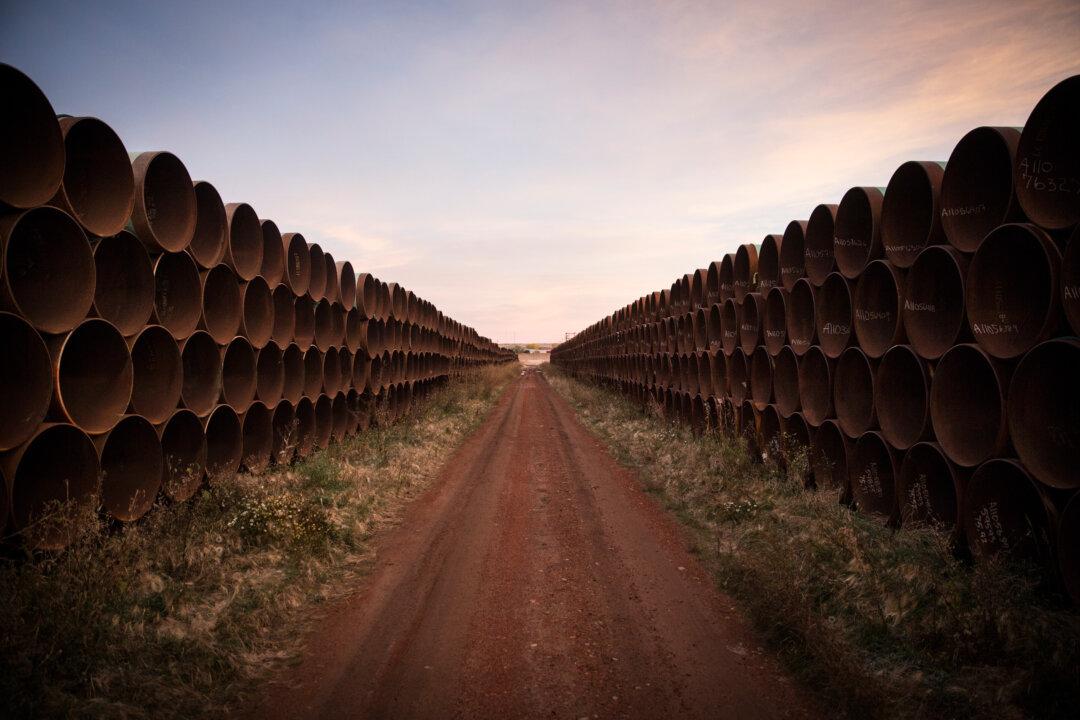This is part one of a series exploring the effects of President Joe Biden’s cancellation of the Keystone XL oil pipeline.
MURDO, S.D.—For more than a decade, Jeff Birkeland had been waiting expectantly in the hope that the Keystone XL (KXL) pipeline would finally materialize and bring with it a much-needed boost to his rural community. His dreams were dashed overnight.





